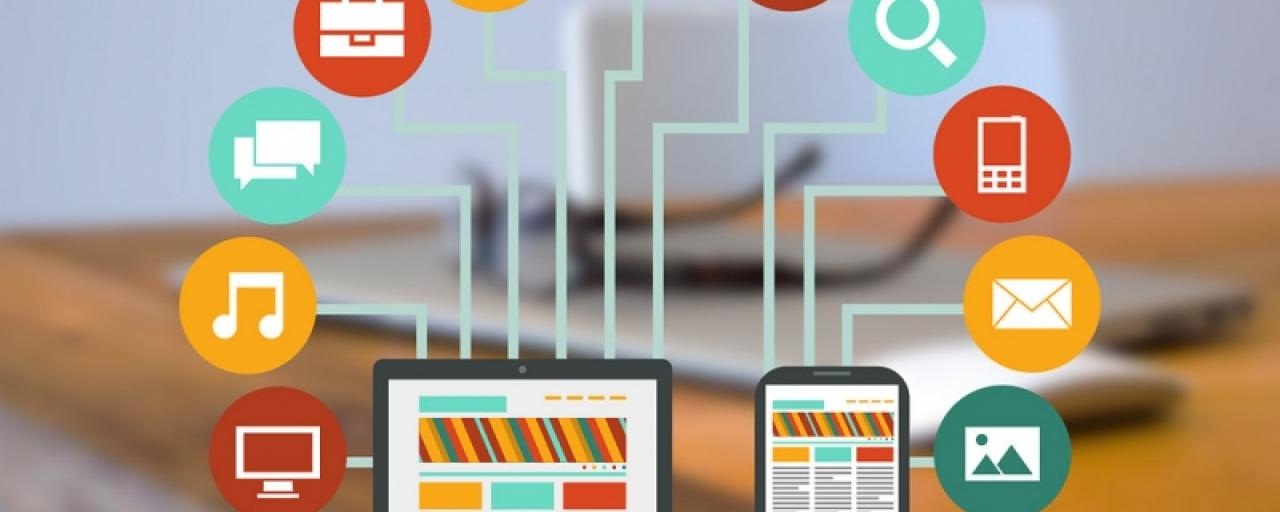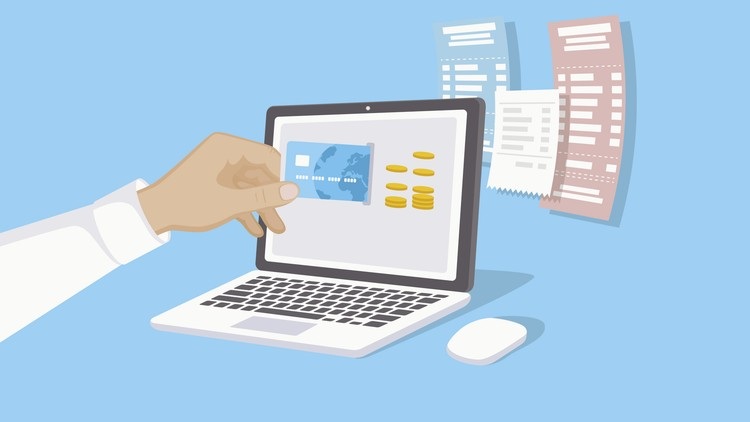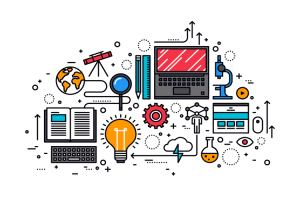From smart watches to air conditioners to fully automated cars – ‘The Internet of Things’ connects all these devicestogether and makes them communicate with each other. A recent report by Business Insider predicts that there is going to be about 55 million devices by 2025; that’s a significant increase from 9 million in 2017.What is the reason for such an exponential increase?What are the recent IoT applications that has taken the world by storm? Interested? Stick around till the end of the blog and you will be amazed by what IoT has and will achieve in the future Apply at data science training institutes in hyderabad to know more
Why is therean Increase in IoT Applications?
- Roy Schulte, distinguished VP Analyst at Gartner, said, “Uses of the Internet of Things that were previously impractical will increasingly become practical”. 10 years ago, an IoT application wouldn’t have found any use in the market. Gathering data, uploading it to the cloud and then accessing it from some remote location would seem highly impractical. But now with the advances in technology and with 5G around the corner – IoT is one of the hottest technologies in the market.
How does IoT Work?
IoT is made up of two main elements the ‘Internet’ and the ‘Things’ that connect to the internet. I don’t need to tell you what we mean by the ‘Internet’, but what are these“devices” that people are talking about. These devices often called as “smart” or “connected” devices; collect, process, send and act on the data they acquire from the surrounding environment using embedded sensors, processors and communication hardware. They can also communicate with all the related devices in the environment gaining insights from each other and then acting on basis of the information received. Humans interact with all these devices in the initial stages to determine which device has access to what particular information, but the devices do most of the work on their own without human intervention.
To give you a better understanding, let’slook at an example. Philips hue lighting system is designed to change the way traditional systems work with the usage of smart bulbs,and is one of the simplest IoT Applications.
How is a smart bulb any different from a regular bulb you ask? Firstly, you can set up a schedule for the lights to go on and off. Let’s suppose you left in a hurry and forgot to turn the lights off. In this scenario, the application will detect that the lights are on when they are scheduled to be off and will send you a notification on your phone via an application asking you whether to switch the lights off or to keep them on. This simple action will save you money and will also help in conserving energy. Secondly, this might not be one of the main factors, but it does fascinate me – you can change the colour of the lights. They will even match the colour of photos in your gallery.
5 Real Time IoT Applications
- Retail and Supply Management: This is my personal favourite.Who wouldn’t want to walk into a store, pick up what they need and just leave – no long queues? Amazing Right? Amazon GO is a perfect example of this application. Just download the app, scan your code as you enter the store, pick up what you need and leave. The amount to be paid will be debited from your Amazon Wallet, as simple as that.
The implementation is however a bit complex with AI and Deep Learning algorithms coming into the picture, but you can’t ignore the fact that this application wouldn’t have been possible without the use of IoT. The sensors on the commodity that you have purchased communicates with the reader at the checkout counter and in matter of a seconds all the information is transferred to the cloud; taking the level of automation to new standards.
- Smart Lock: A smart lock has all the basic applications of a standard door lock but with better features. A smart lock makes things easy; you need not unlock your door manually, just a tap on your screen will do the trick. Some smart locks even offer remote access, which means that you can lock or unlock your door even if you are 1000 miles away from home. Now, why is this so important? Imagine you’re on a road trip and halfway into the trip you realise that the door isn’t locked, or you are notified that someone has tried to enter. You will get a notification on your phone telling you that the door is unlocked, or someone is trying enter your home. With a smart lock you just need a connection to the internet tolog in through your phone or laptop, click a few buttons and just like that your door is locked.
- IoT in Healthcare: Withhealthcare services not getting any cheaper and chronic diseases at an all-time high, getting medical treatment is proving to be unaffordable. While technology cannot eradicate chronic diseases at once, it can make medical treatment affordable and accessible.
Let’s look at it in this manner, IoT is the virtual bridge connecting doctors to patients and making diagnosis home – centric. This means, you can get medical treatment while sitting at home, which means better utilization of resources, reduced visits to the hospital and improved allocation and planning.
IoT promotes real time monitoring and with this, numerous lives can be saved. Also, inthe event of a medical emergency such as heart failure, asthma attack, and stroke, a smart medical device that is connected to an app can collect information of the patient and send it to the physician in charge, alerting him of this emergency.
- Logistics: Distribution centres are fundamental to logistic supply chains.Logistic companies have always strived to improve the operational efficiency at these centres. IoT has helped these companies achieve their goals in the following ways:
- Security: The Alarm sensors and CCTV both utilise IoT to help in detecting thefts and protecting goods. You can lock doors with just an app, receive alerts on unusual movements and access CCTV from remote locations. All this data can then be combined and can be analysed to improve these shortcomings in the future.
- Optimisation: IoT gives combined data such as the temperature of the centre, performance of all the equipments, amount of inventory and many more. This helps in improving overall operational efficiency.
- Safety: For logistics companies, safety of their staff is paramount. There are many companies which are using IoT for the safety of their equipment and for protecting their staff from accidents. Imagine if you could receive alerts froma sensor placed in the forklift informing you about a possible defect without any human interference; you can immediately stop work and avoid fatal calamities.
With IoT all these features can be implemented.
- IoT to Monitor and Control Pollution: Pollution is on the rise, especially air pollution. Industries and factories are considering IoT to monitor and control the amount of toxic gases being emitted into the atmosphere.
If IoT is implemented, the sensors present in the factories detect the amount of gas, say for example ‘CO’ and transmit this data to the cloud. This data is then available to anyone who works at the company with the help of an app. Limits can be set manually on the sensors and if the amount of gas emitted crosses thelimit, employees will get an alert on their phone or an alarm will ring indicating that they should vacate the premises. This feature improves the safety of the employees in the factory and provides a better work environment.
In recent times,great advancements have been made in the field of IoT. Its applications are flourishing across all industries and markets. IoT not only helps organisations reduce and conserve energy but also helps in implementing automation, which was only an idea just a decade ago. It spans over different use cases, ranging from IoT for smart homes to security to improving business efficiency. IoT has truly proved itself as a force to reckon with.
To sum up, IoT has plenty of use cases and there is scope for many more interesting and path breaking applications. Hence, IoT is the one of the hottest technologies today. With companies hiring skilled IoT professionals to increase their business growth, IoT has emerged as one of the most lucrative jobs available in the current business atmosphere. If you are convinced that a career in IoT is for you, don’t wait learn IoT.Here is an IoT online training program that will give your career a much-needed boost. Learn more about it at data science training institutes in Bangalore







+ There are no comments
Add yours